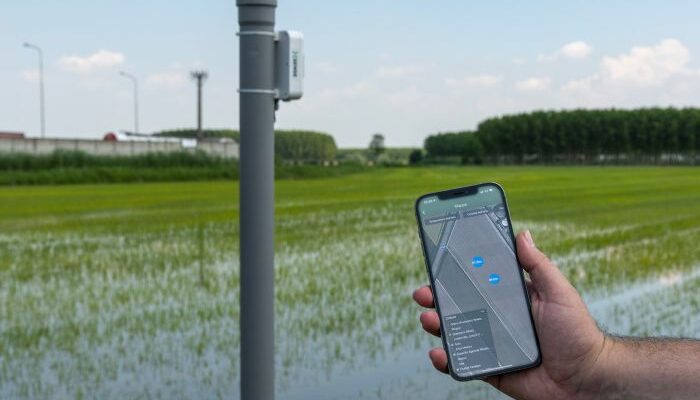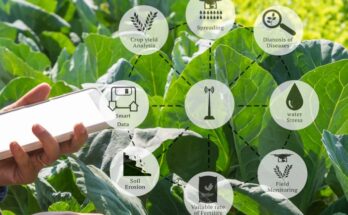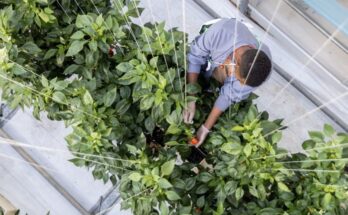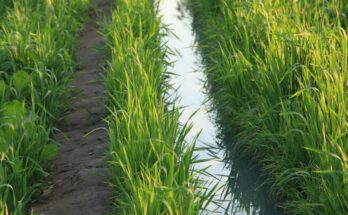Precision farming is revolutionising agriculture for smallholder farmers across the Asia Pacific region, offering a multitude of benefits. By employing advanced techniques such as mechanised sowing, targeted fertilisation, precise irrigation, and integrated pest management, farmers can optimise their resource utilisation, leading to increased crop yields and sustainability per unit of land.
This approach allows for the precise application of inputs like water, fertilisers and pesticides, minimising waste and reducing input costs. By utilising the right amount of inputs at the right time and place, farmers can save money and minimise environmental impact.
Transforming the Seed Industry
Precision farming practices are also transforming the seed industry in the region. As farmers embrace these techniques to maximise yields, they are diversifying seed varieties suited to different environmental conditions, driving industry growth. Detailed field data, including soil characteristics and moisture levels, enables seed companies to develop customised seed varieties tailored to diverse regional conditions.
You may also like to read: AgriClimate Tech – Iyris partners with Magrabi Agriculture to expand hot climate agriculture technologies
Technologies such as genomic selection and marker-assisted breeding expedite the development of new crop varieties with desired traits, enhancing productivity and resilience. Additionally, precision techniques provide valuable data for value-added services like agronomic advice, strengthening farmer relationships and improving supply chain efficiency through better inventory management and distribution planning.
Expanding Market Reach
With the increasing adoption of precision farming, seed companies have the opportunity to expand their market reach and penetrate new geographic areas. By developing seed varieties tailored to specific regional needs, companies can cater to a broader customer base and capture market share in previously untapped markets.
Innovative Applications
Innovative applications of precision farming, such as drones for direct-seeded rice cultivation, are gaining prominence in the Asia Pacific region. Drones equipped with seed dispensing systems streamline planting, reducing labour and costs, and promoting even germination and stand establishment.
Localised Weather Forecasting
Precision tools for weather forecasting leverage advanced technologies to provide accurate and localised predictions, supporting decision-making in agriculture. By combining satellite imagery, radar systems, weather stations, and data analytics, meteorological agencies can deliver timely forecasts to farmers.
Addressing Climate Challenges
Precision farming practices play a crucial role in building climate resilience and sustainability by promoting efficient resource management, climate-responsive crop management, and data-driven decision-making. By harnessing technology and innovation, farmers can mitigate the challenges posed by climate change while ensuring food security and economic viability.
Unlocking Potential
Overall, precision farming holds immense potential to improve the livelihoods and resilience of smallholder farmers in the Asia Pacific region. However, realising these benefits requires access to appropriate technologies, training, financial support, and supportive policies.
In conclusion, precision farming is transforming agriculture in the Asia Pacific region, empowering farmers to enhance productivity, reduce costs, mitigate risks, and seize new market opportunities.
{Views expressed in the article are author’s own. Dr. Venkatram Vasantavada, Finance Director, Federation of Seed Industry of India (FSII) and Managing Director & CEO of SeedWorks International.}




